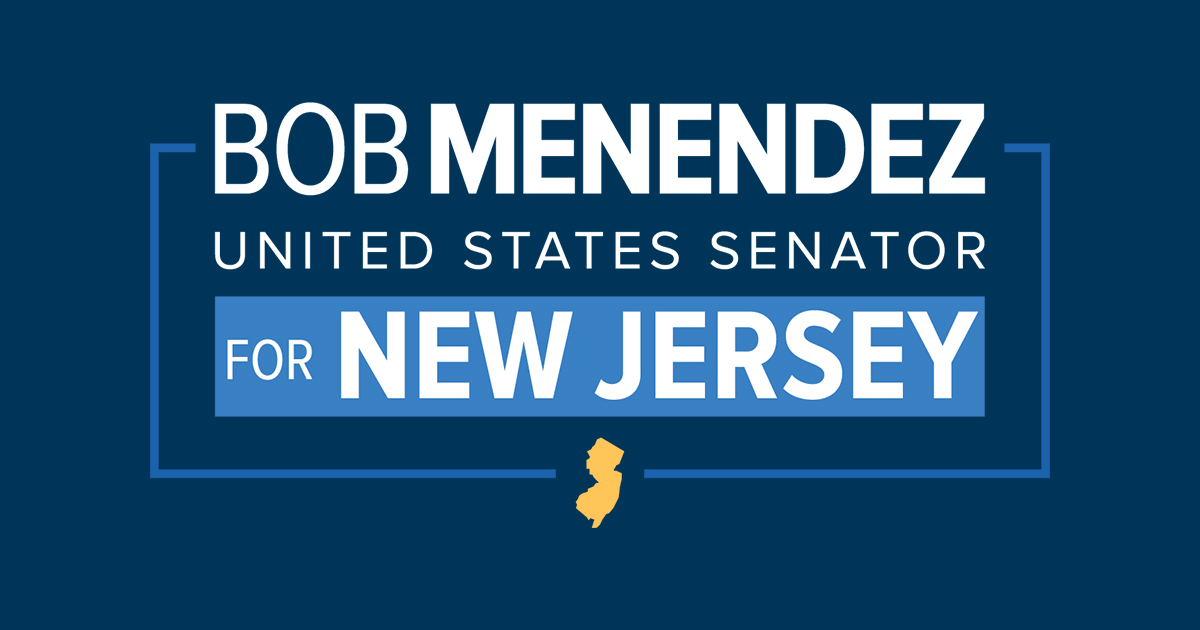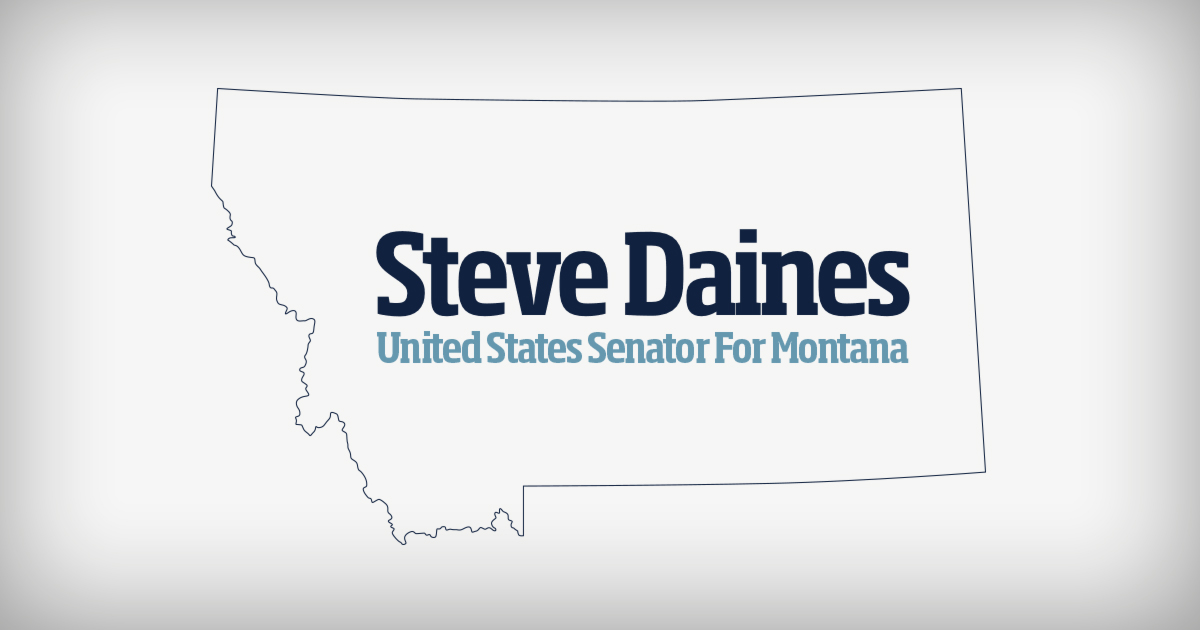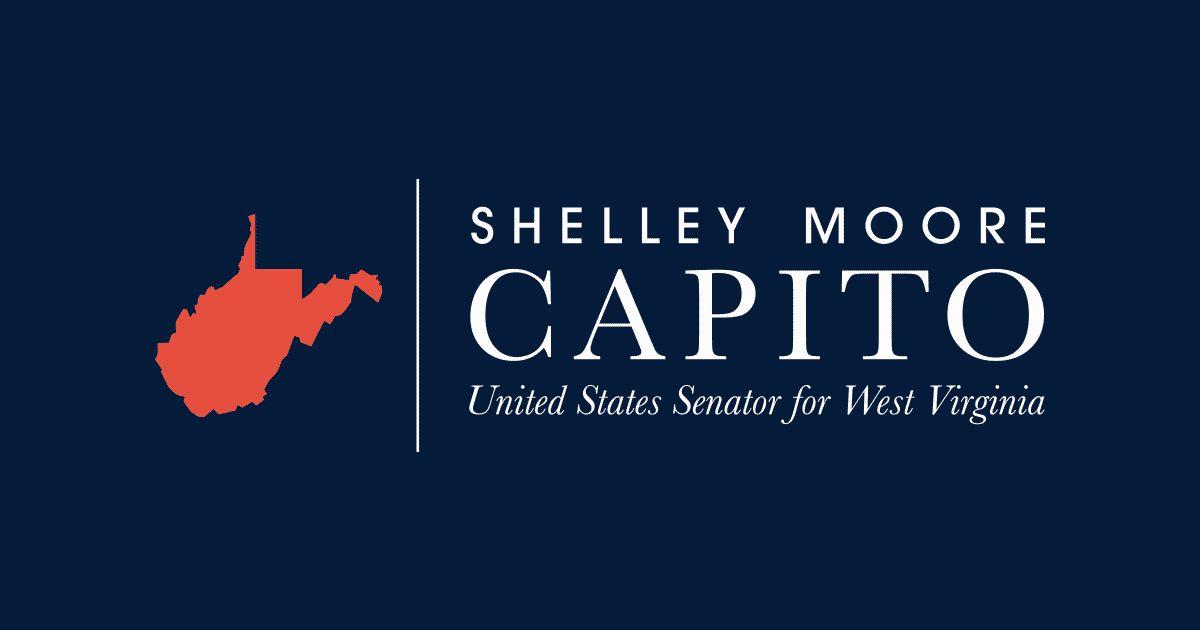Source: United States Senator for Kentucky Mitch McConnell
WASHINGTON, D.C. – U.S. Senate Republican Leader Mitch McConnell (R-KY) delivered the following remarks today on the Senate floor regarding Democrats’ radical Senate takeover:
“Late last week, our Democratic colleagues briefly paused their quest to destroy the Senate’s 60-vote threshold — just long enough to use the 60-vote threshold themselves to block a bill.
“Republicans supported sanctioning the Nord Stream 2 pipeline that will give Russia even more leverage to bully Europe. But most of our Democratic colleagues bowed to furious lobbying from the Biden Administration to protect Putin’s pipeline.
“There were 55 votes to pass the bill that our friends like Ukrainian President Zelensky desperately wanted passed. But Democrats blocked it by denying it 60.
“Many of these same colleagues have spent weeks thundering that the Senate’s 60-vote threshold is an offensive tool of obstruction. A ‘Jim Crow relic.’ Declaring that simple majorities should always get their way.
“But last week they literally wielded the 60-vote threshold themselves. A useful reminder of just how fake the hysteria has been.
***
“We already knew Washington Democrats don’t have any principled opposition to Senate rules.
“Democrats repeatedly filibustered the CARES Act in March 2020 while insisting on changes.
“Democrats filibustered and killed Senator Tim Scott’s police reform bill.
“You only have to go back a few years to read vigorous defenses of the filibuster from our Democratic colleagues and their allies.
“The Democratic Whip, Senator Durbin, put it this way. ‘We need to protect the right of debate in the Senate, preserve checks and balances so that no one party can do whatever it wants. We need to preserve the voice of the minority in America.’
“The Democratic Leader, himself, said in 2017 that we need to, ‘find a way to build a firewall around the legislative filibuster.’
“And in a letter signed that same year by 32 Senate Democrats, our colleagues demanded that the 60-vote threshold stay right where it was.
“Until the last couple years, Senators on both sides have understood the Senate is not here to rubber-stamp massive changes by thin majorities.
“This institution exists to do the opposite. To make sure major laws receive major buy-in and have major staying power.
“And historically, Democrats’ allies outside this chamber have recognized this as well.
“About 15 years ago, when Republicans controlled the Senate, a left-wing organization called the Leadership Conference on Civil and Human Rights published a lengthy statement defending the filibuster — including its relationship to civil rights.
“Here’s what they said. ‘On behalf of the Leadership Conference on Civil Rights (LCCR), the nation’s oldest, largest, and most diverse civil and human rights coalition, with more than 180 member organizations, we urge you to oppose any efforts to eliminate the 216-year-old filibuster in the United States Senate.’
“They went on: ‘The elimination of the rights of the minority as embodied by the filibuster is contrary to the founding fathers’ vision of the Senate as a body of equals designed to protect against the tyranny of the majority.’
The statement continued: ‘The civil rights community has recognized and accepted the value of the filibuster even when it frustrated efforts to advance civil rights legislative goals. During the 1950’s and 1960’s, countless civil rights bills were filibustered. The Civil Rights Act of 1964 was not passed until it survived 75 days of the longest filibuster in history and the Senate voted 71-29 to end debate and finally passed the bill. This legislation was enacted because of long, hard work to build support across partisan, ideological, and regional lines. We worked to bring Americans together — not to push them farther apart.’
They conclude the point: ‘We never demanded the end of the system of checks and balances. In the end, we won the battle by changing votes and not by breaking the rules.’
“Those are left-wing activists writing less than 20 years ago.
“Let’s spell this out. Democrats want the American people to believe the filibuster was not a Jim Crow relic in 2005; was not a Jim Crow relic in 2020; became a Jim Crow relic in 2021; briefly stopped being a Jim Crow relic last Thursday; but is now back to being a Jim Crow relic this week?
“Now to be clear, the partisan election takeover bills that Democrats want to ram through this week are not successors of the civil rights legislation from the mid-20th century.
“It has been, is today, and will remain illegal to discriminate against voters anywhere in America because of their race. Period.
“Targeting Americans’ online speech and sending government money to political campaigns is not about civil rights, it’s about tilting the playing field.
“Weakening widely-popular voter I.D. laws and making it harder to produce accurate voter rolls is not about making voting easier, it’s about making cheating easier.
“Changing the law so that our partisan Attorney General can rewrite voting laws without even having to win in court is not about promoting justice, it’s about short-circuiting justice.
“This is about one party wanting the power to unilaterally rewrite the rulebook of American elections.
“Now, interestingly, Biden Administration staff have gone out of their way lately to highlight my long, strong record on real civil rights and real voting rights.
“The President’s press secretary explained that I have, ‘a pretty strong record of supporting voting rights.’
“That’s exactly right. And that’s exactly why I have no patience for the unrelated partisan takeover that some Democrats are trying to re-brand with that banner.
“The Democratic Leader argues that his proposed elections takeover and his effort to break the Senate are last resorts because of new state laws that passed in 2021.
“He says it’s irrelevant that 2020 saw record turnout and 94% said voting was easy because this debate is exclusively about what happened in 2021.
“But Democrats have been pushing these same policy changes and the same Chicken Little rhetoric since 2019!
“A year and a half before the 2020 election, which Democrats now call a high-turnout success, the Democratic Leader gave an interview claiming that evil Republicans were trying to attack voting and disenfranchise people.
“Of course, when Democrats went on to win the White House, the 2020 election went from presumptively illegitimate to exemplary and unquestionable overnight.
“Around the same time, mid-2019, Senator Schumer began floating a nuclear attack on Senate rules.
“This was completely untethered from the elections issue. He just thought breaking the rules would make for a livelier stint as Majority Leader.
“Washington Democrats have wanted the power to rewrite the rules for political speech and election laws long before the events that are supposed to justify it.
And the Democratic Leader’s effort to break the Senate long predates this latest pretext.
***
“We have strong disagreements about the substance of these bills. But even more broadly, we see decreasing trust in our democracy among both political sides.
“We have a sitting President of the United States shouting that United States Senators are on the side of Bull Connor and Jefferson Davis for refusing to shatter this institution.
“Was the Senate created to make these kinds of factional fevers worse… or to help break these fevers?
“Does the Senate exist to help narrow majorities double down on divisions… or to force broad coalitions to build bridges?
“This fake hysteria does not prove the Senate is obsolete. It proves the Senate is as necessary as ever.
“Republicans have supported this limitation on the majority’s power both when we’ve been the minority which these rules protect… and when we’ve been the majority which they inconvenience.
“And last week, some of our colleagues across the aisle re-confirmed they have the courage and the principle to keep their word and protect the institution as well.
“But too many of our colleagues across the aisle still want to respond to a 50-50 Senate with a rule-breaking power grab.
“Voting to break this institution will not be a free vote or a harmless action, even if their effort fails.
“An unprincipled attempt at grabbing power is not harmless just because it fails. Voting to break the Senate is not cost-free just because a bipartisan majority of your colleagues have the wisdom to stop you.
“It’s amazing that our colleagues are this in thrall to radical activists.
“We have inflation, a pandemic, rampant violent crime, a border crisis, and the possibility of a war on the European continent.
“But rather than work on any of that, Senate Democrats want to mar their own legacies with a reckless procedural vote they know will fail.
“A faction this desperate for unlimited short-term power is a faction that must be denied it.”
###






